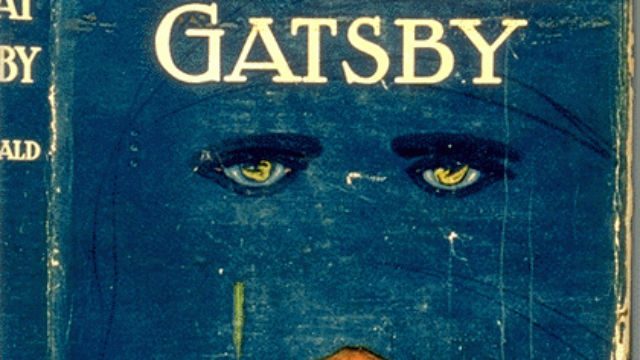novel
Is indulging in erotic content good or bad for your sex life?
Will Storr has written a masterful guide to writing with “The Science of Storytelling.”
“You get to this age, you realize that there are people who will not like what you do no matter what you do,” says Booker Prize-winner Salman Rushdie.
▸
5 min
—
with
The famed German filmmaker offers his thoughts on reading during Eric Weinstein’s podcast.
Looking up big, fancy words won’t make your writing better. But a thesaurus can help – if you use it like this.
▸
6 min
—
with
The renowned author plans to publish a follow-up to the 1985 bestseller in September 2019.
The stories we tell define history. So who gets the mic in America?
▸
6 min
—
with
Here’s what F. Scott Fitzgerald thought about his classic American novel “The Great Gatsby.”







